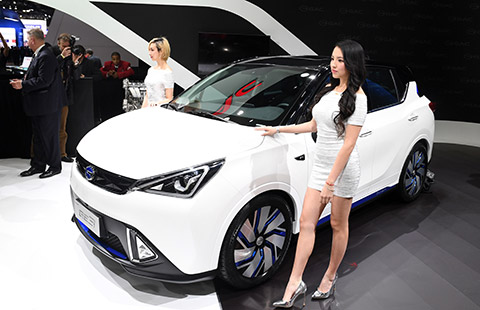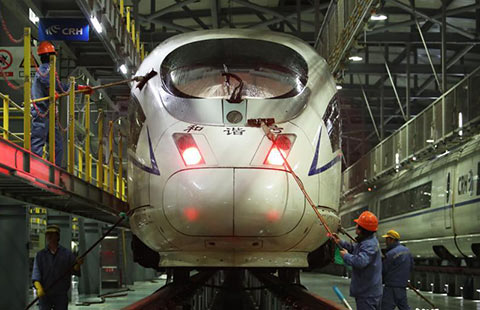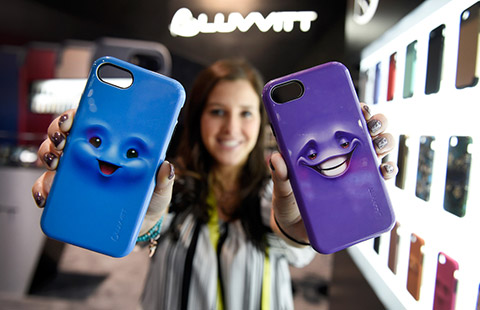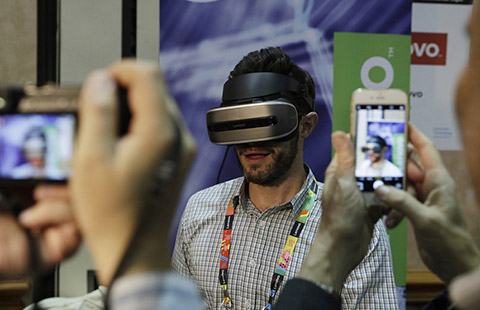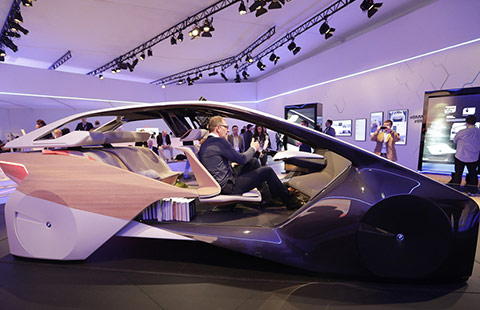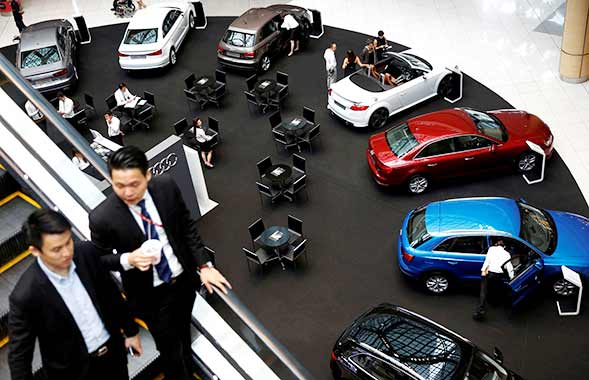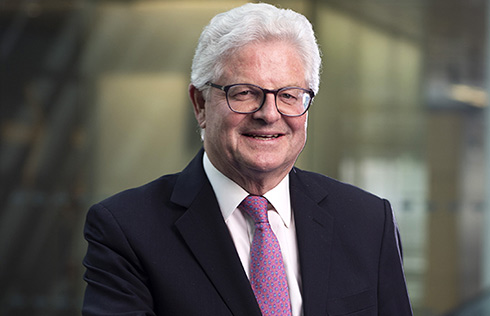Trump hits Toyota in latest broadside against carmakers
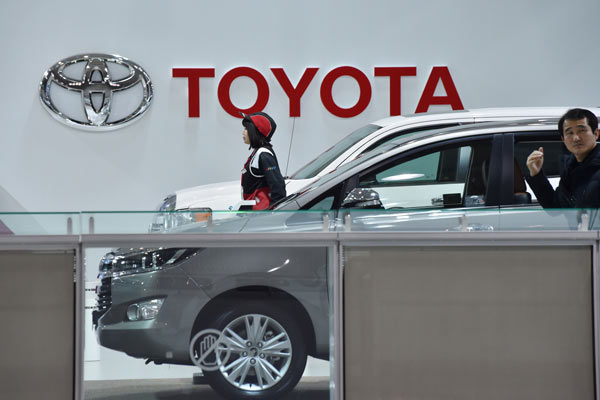 |
|
Visitors walk through a Toyota showroom in Tokyo on Jan 6. [Photo by Kazuhiro Nogi/For China Daily] |
US President-elect Donald Trump targeted Toyota Motor Corp on Thursday, threatening to impose a hefty fee on the world's largest automaker if it builds its Corolla cars for the US market at a plant in Mexico.
"Toyota Motor said will build a new plant in Baja, Mexico, to build Corolla cars for US. NO WAY! Build plant in US or pay big border tax," Trump said in a post on Twitter.
It was Trump's latest broadside against automakers building cars in Mexico and the first against a foreign automaker. The president-elect's attacks on investments by companies in Mexico have cast a shadow over cross-border production networks central to more than $583 billion a year in trade between the two countries.
The value of the Mexican peso has skidded amid fears that Trump's policies would harm Latin America's second-biggest economy-and declined on Thursday after Trump's tweet.
Toyota, which announced plans to build a new Mexican facility in Guanajuato in April 2015, said it would not take away from US employment.
"Toyota looks forward to collaborating with the Trump administration to serve in the best interests of consumers and the automotive industry," Toyota spokesman Scott Vazin said.
Trump's tweet confuses Toyota's existing Baja plant with the planned $1 billion plant in Guanajuato, where construction got under way in November. A Trump spokeswoman did not return a request seeking additional comment.
Baja produces around 100,000 pickup trucks and truck beds annually. The Guanajuato plant will build Corollas and have an annual capacity of 200,000 when it comes online in 2019, shifting production of the small car from Canada.
Toyota President Akio Toyoda said in Japan on Thursday that the automaker has no immediate plans to curb production in Mexico, preferring to wait until after Trump's Jan 20 inauguration before deciding whether to make any changes.
"We will consider our options as we see what policies the incoming president adopts," Toyoda said at an industry gathering in Tokyo on Thursday before Trump's tweet, when asked whether his company was considering any changes to a production plant the automaker was building in Mexico.
Automakers in the United States have been slammed by Trump for building cars in lower-cost factories south of the border, which he said costs American jobs. Pressure to curb that production intensified last week after Ford Motor Co scrapped plans to build a $1.6 billion assembly plant in Mexico after Trump harshly criticized the investment.
During the campaign, Trump criticized barriers to US auto exports to Japan and said the US government did not do enough to open the market to more Americanmade vehicles.
"Until you open your markets, you're not selling any more cars over here," Trump said of Japan in an August 2015 interview with the Detroit News. "That's going to force people to build in the United States."
Toyota has extensive US investments, operates 10 US plants in eight states and builds more than 1.3 million vehicles in the US annually.
Based on current investment plans, Mexico's auto production capacity will grow by another 50 percent over the next five years, according to the Michigan-based Center for Automotive Research, which draws funding from the auto industry.
It said Toyota imported fewer vehicles from Mexico than any other major automaker building cars there last year. Detroit's Big Three automakers collectively exported more than 1.1 million vehicles to the United States from Mexico in 2016, while Toyota sent about 47,000 Mexican-made vehicles to the United States.
Trump has also said General Motors could become subject to tariffs on Mexico-made cars for the US market, and that he would like to renegotiate terms of the North American Free Trade Agreement signed with Canada and Mexico, or scrap it altogether.
Reuters




